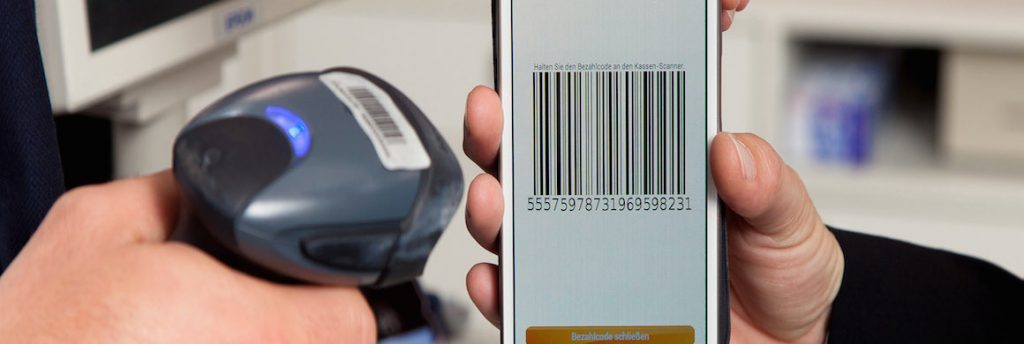Payment Method Affects Perceived Value of Purchase, Rotman Professor Finds

The University of Toronto’s Rotman School of Management this week shared exciting new research published in the Journal of Consumer Research on the correlation between the ease of a consumer’s preferred payment method and the perceived value of the good or service purchased.
Rotman Assistant Professor of Marketing Avni Shah, who researches how consumer preferences are affected by the costs associated with payment, conducted experiments with colleagues at Duke University and the University of North Carolina at Chapel Hill to look at “the potential consequences of paying with cards over cash by focusing on how connected consumers felt towards what they bought.”
The first experiment involved a $6.95 coffee mug sold at a “discounted price of $2 with either cash or credit.” According to the Rotman press release, “2 hours after the purchase participants were asked to sell back their mugs at a price of their choosing. Despite the fact it was the same mug owned for the same amount of time, those who paid cash wanted nearly $3 more than those who paid with a card.”
“Those who paid with cash also reported feeling more emotionally attached to their mug,” Shah said in a statement. “In other words, paying by cash made people feel more attached to what they bought and less connected to what they didn’t buy.”
She attributes this phenomenon to what she describes as “pain of payment.” “You feel something when you physically part with your money, and there are different levels of pain depending on the type of payment,” she said. The hierarchy goes something like: cash, check, card and mobile apps e.g. Apple Pay.
Shah believes that a paperless economy could potentially incur seismic implications for both producer and consumer:
“There are shorter product life cycles and if consumers are feeling less connected to the products they’re already buying, just add easier access to credit and higher consumer debt levels and it’s a toxic combination.”
Shah thinks that paperless payment methods that include features like reminders of when a purchase has been made on a consumer’s account “should be encouraged because they can help consumers make more careful, deliberate and meaningful purchases.”
